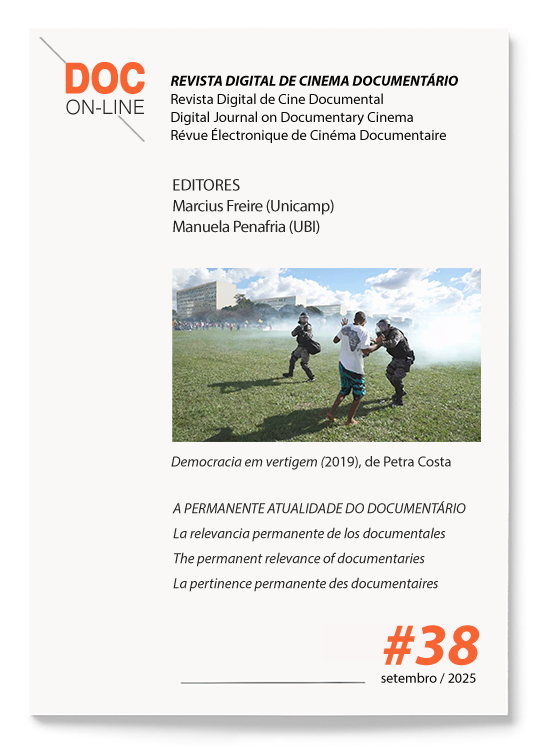Narratives of Agency in African Islam: A Semiotic Analysis of Yara Costa's Documentary
Abstract
While recent studies analyze the expansion of Wahhabism in Mozambique from a political perspective, this article proposes an innovative semiotic approach, examining how Mozambican cinema critiques this doctrine through a gendered visual discourse. Based on the documentary Entre Eu e Deus by Yara Costa, we apply Greimas’s generative trajectory of meaning to reveal how the protagonist Karen’s body becomes a site of contestation between syncretic African Islam and imported orthodoxy. By deconstructing the three levels of Greimasian semiotics: fundamental (oppositions), narrative (transformations), and discursive (aesthetic strategies); we demonstrate how the film subverts feminist and Eurocentric structures, proposing a model of agency rooted in local epistemologies. This study expands debates on Islamic femininities in Lusophone Africa and reaffirms cinema’s role as a tool of decolonial resistance.
Downloads
Published
Issue
Section
License

DOC Online adopts a Creative Commons International CC BY 4.0 license that allows work sharing with authorship recognition and initial publication in DOC On-line, which means that:
1) By submitting an article, authors agree that the first publication rights of their work is granted to DOC On-line.
2) After publishing in DOC on-line, authors may republish their work on-line or in print with an acknowledgement of its initial publication in DOC On-line.

